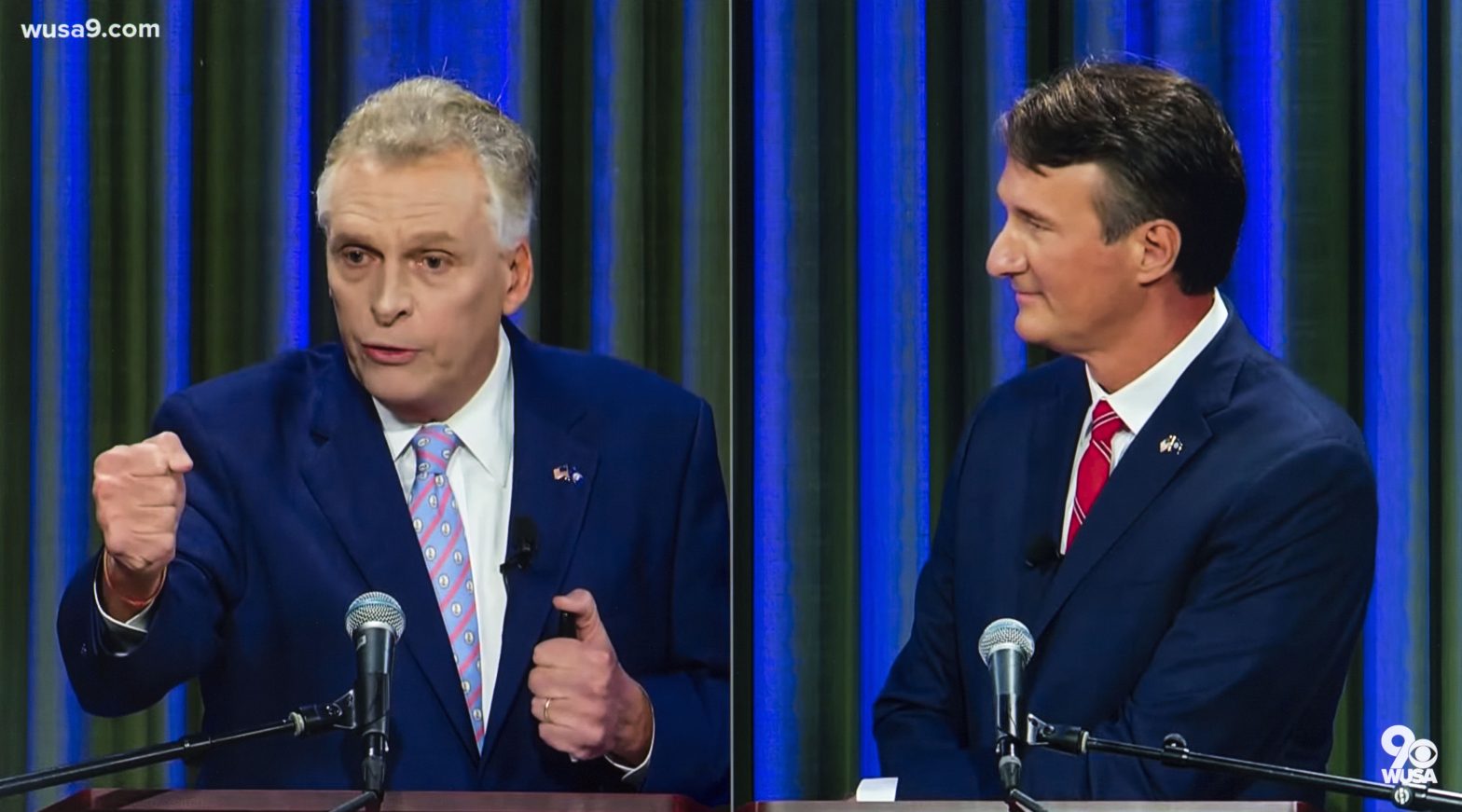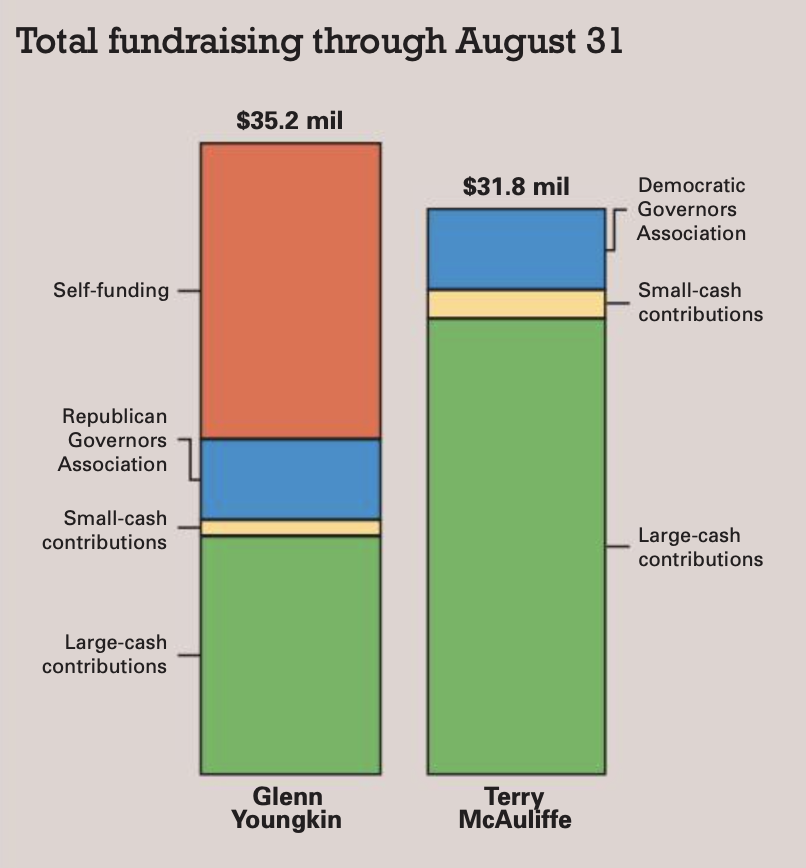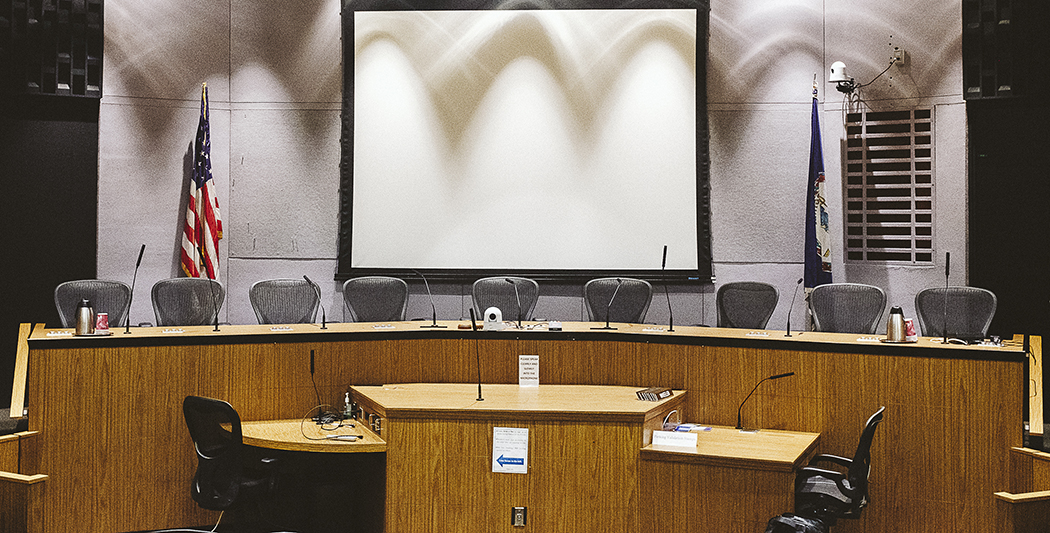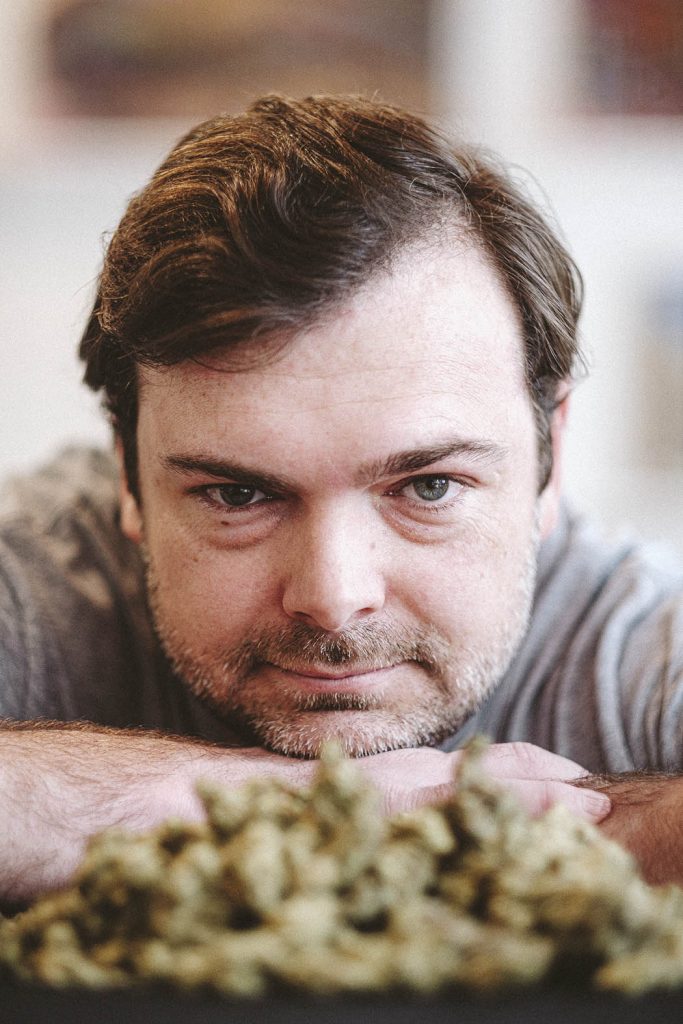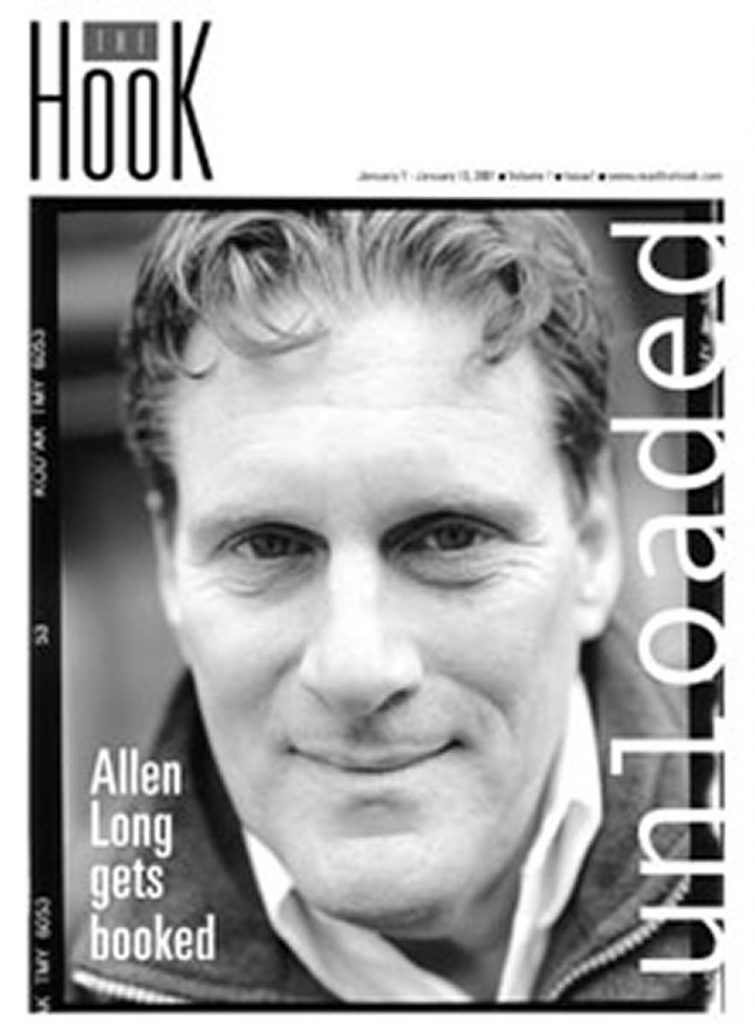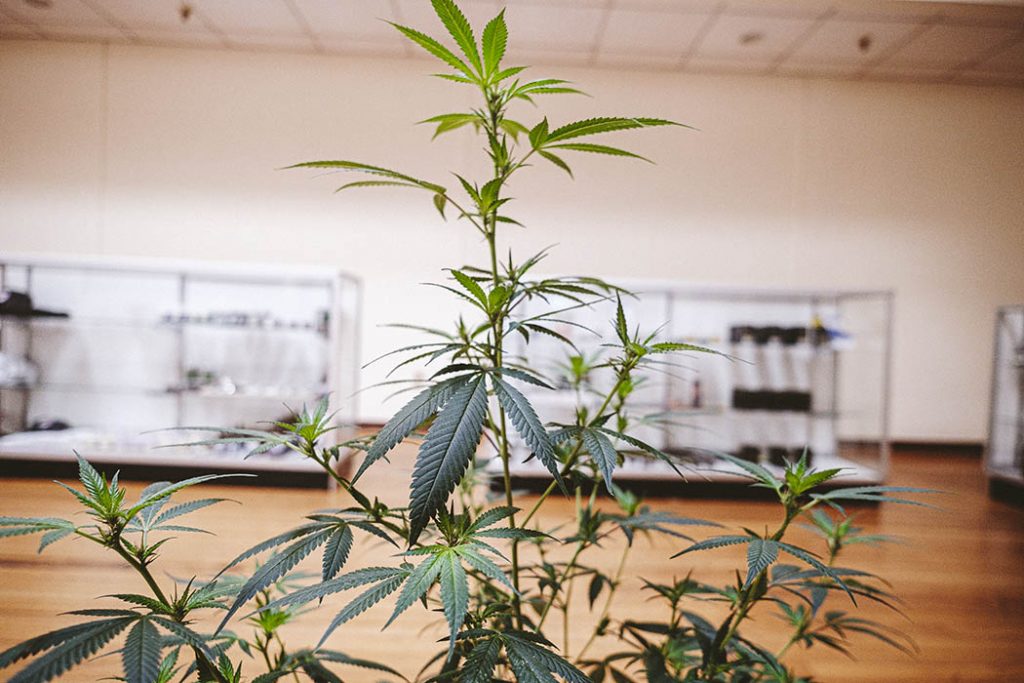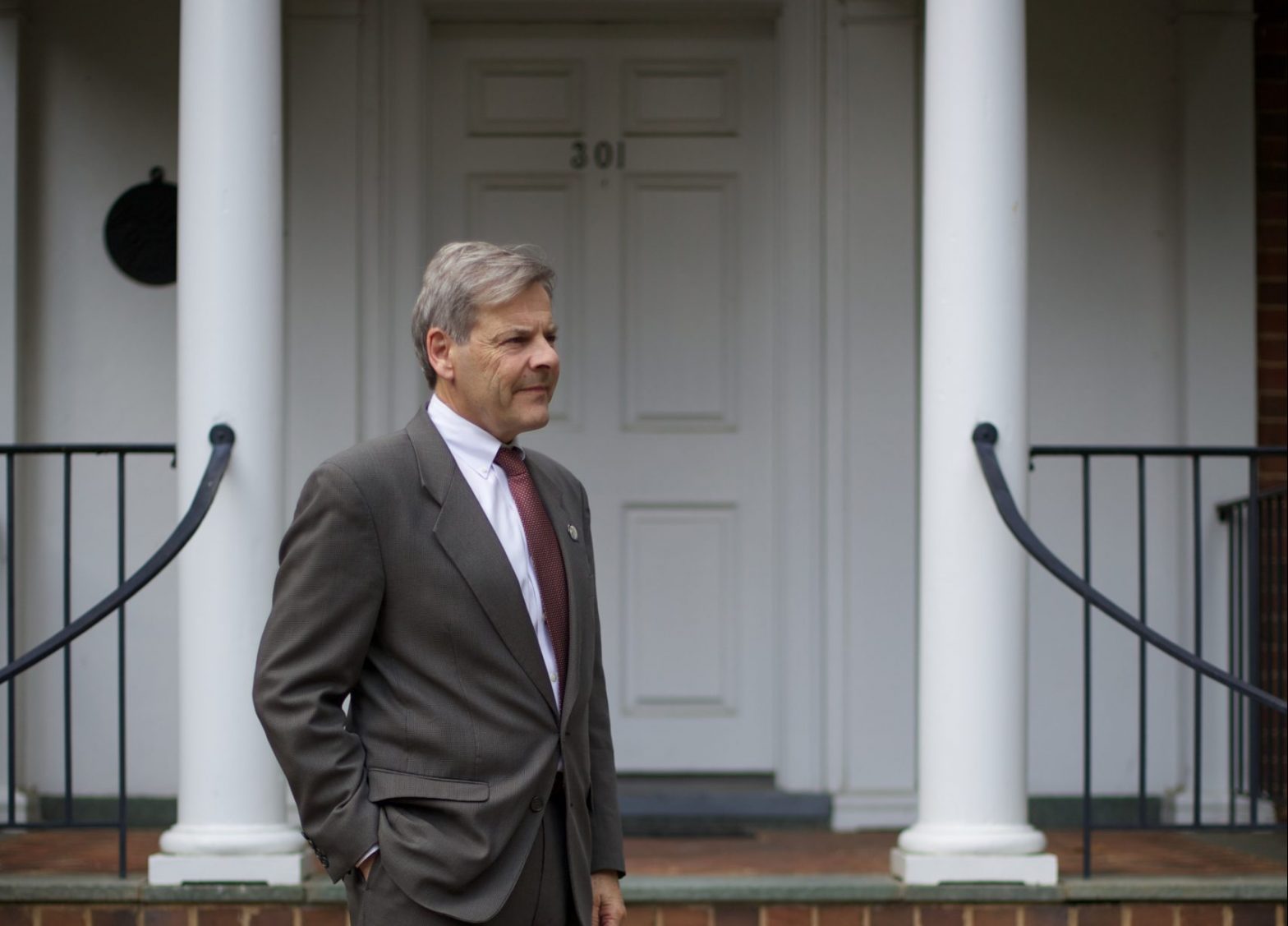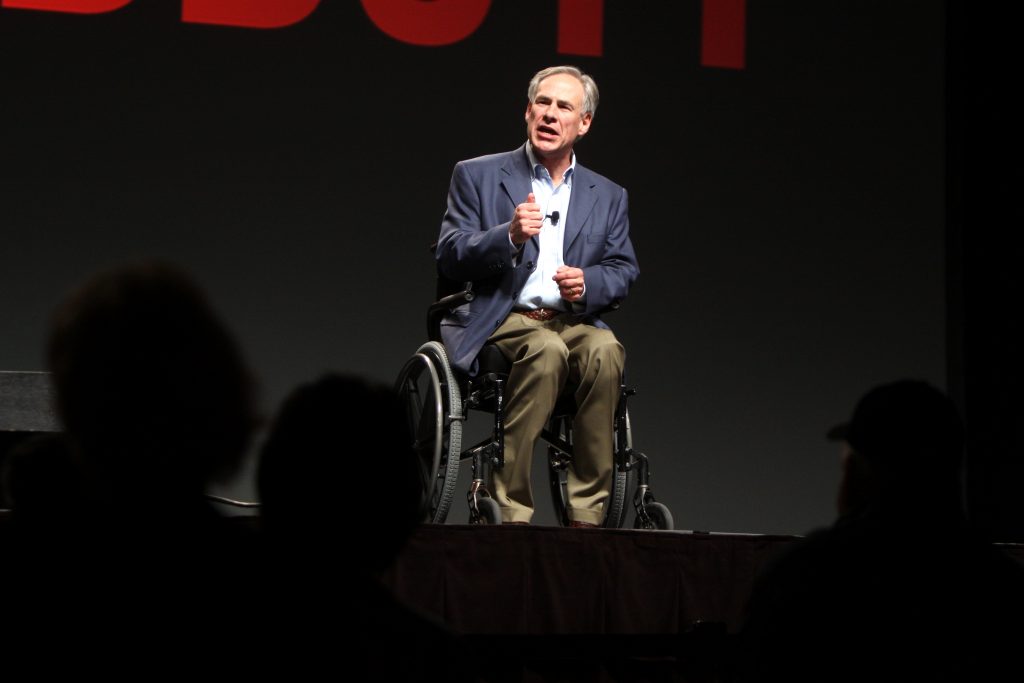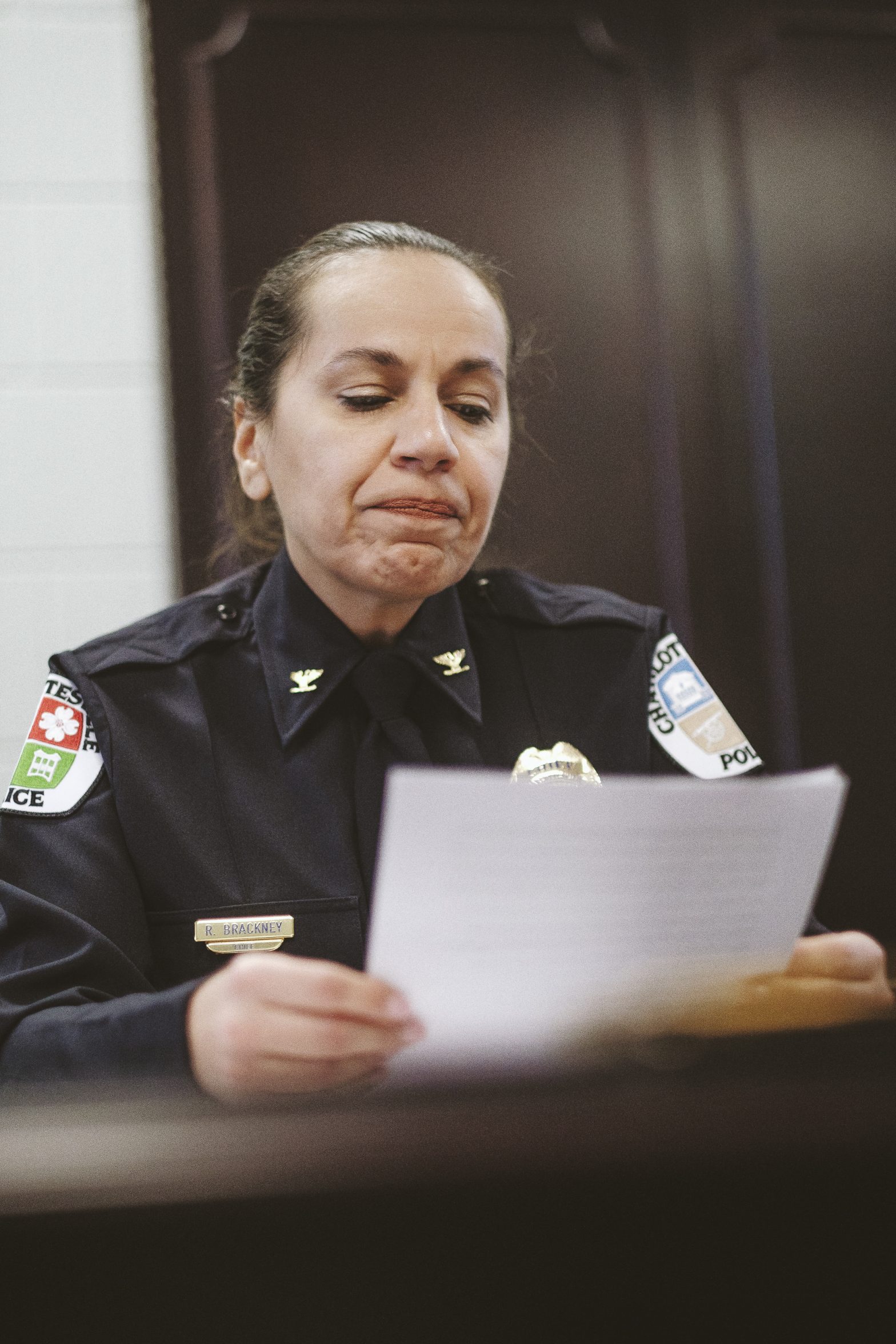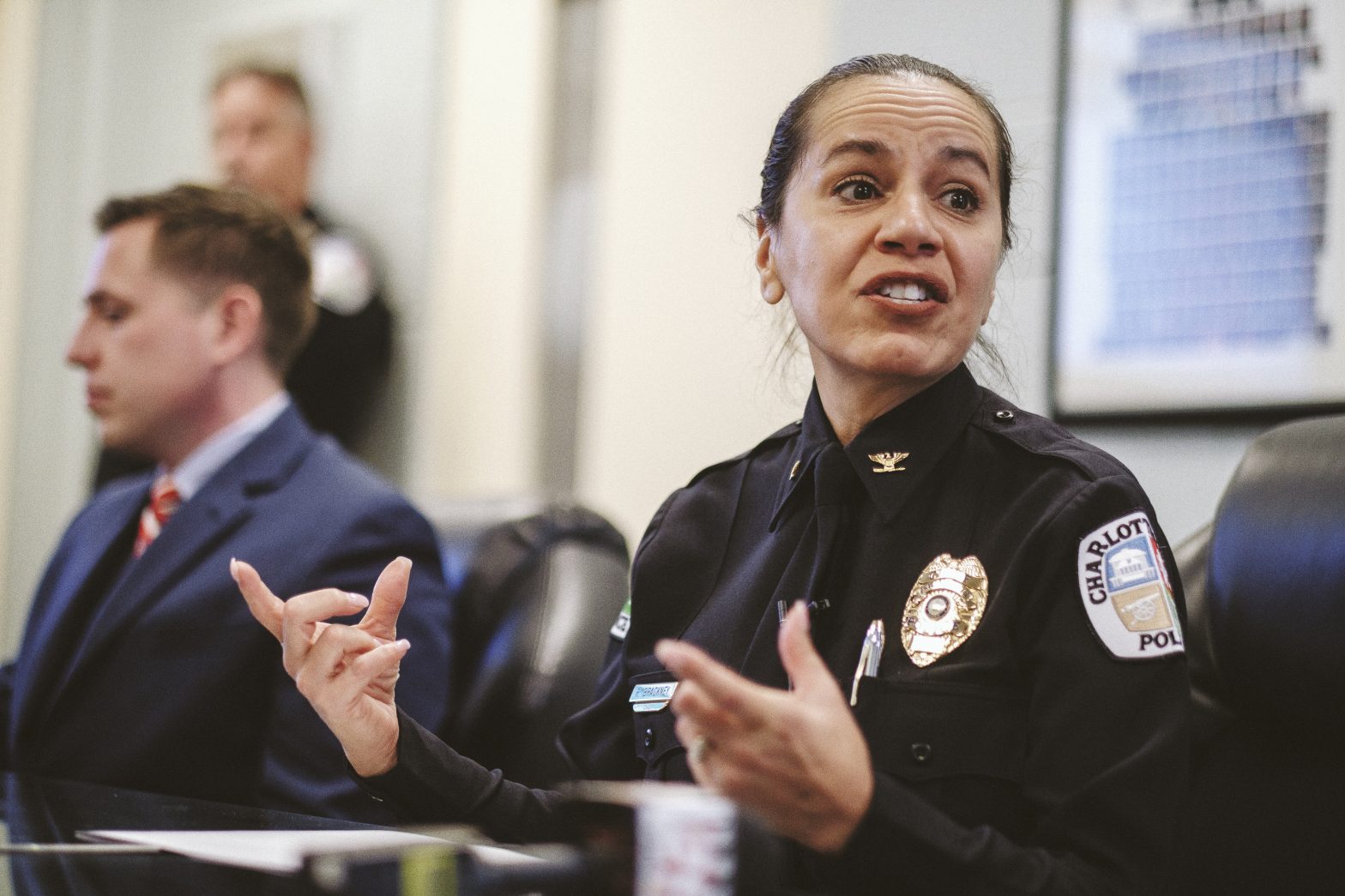City Council voted unanimously on Monday night to approve a new Comprehensive Plan. The plan, which has been in the works since 2017, will guide Charlottesville’s growth and development in the years to come. The most controversial element of the plan is the Future Land Use Map, which shows the neighborhoods in the city that might be able to support increased development.
The map’s path to this point has been long and controversial, with some community members advocating for even greater increased housing density across the city, and others arguing the map’s changes go too far. The last year has seen multiple rounds of amendments to the map, coalitions of residents formed to advocate their positions, letter-writing campaigns and the circulation of petitions, and even a full-page advertisement in The Daily Progress, taken out by a group hoping to delay the process.
At Monday night’s public hearing on the Comprehensive Plan, 71 community members addressed council, with 41 speakers expressing their support for the immediate adoption of the plan.
The hearing began with a presentation from Jennifer Koch and Ron Sessoms, planners at Rhodeside & Harwell, the consulting firm retained to oversee the process.
In his presentation, Sessoms addressed what would become the evening’s central point of contention: The map designates some lots that are currently zoned for only single-family homes as “medium-intensity residential,” allowing up to 12 units to be constructed. Sessoms emphasized the “up to” in the “up to 12 units” designation, saying that those areas “support a variety of housing types and scales.” The adoption of the Land Use Map will give way to a lot-by-lot zoning rewrite, which will set more specific, binding rules for what can be built where.
That didn’t stop some public commenters from expressing their concerns with the designation. Early in the evening, caller Tracy Carlson ran through a skit of sorts, in which a theoretical homebuyer and realtor have a conversation about the possibility of a 12-unit building being built on the street. (Later, another commenter called the skit “ludicrous.”)
Charlotte Meadows opposed the plan because she felt it was “increasing density just for the sake of increasing density.” David Aller said he was against the plan because the vacant lot next to his house, which he currently uses as a tomato garden, is designated medium-intensity residential, meaning the next owner of the lot might be able to build apartments there.
Those who supported the map cited the need to make the city less car dependent and more environmentally friendly, and the need to undo the legacies of segregation that are still built in to the city’s streets.
Matthew Gillikin, an organizer with pro-density housing group Livable Cville, spoke in favor of the plan. He noted the wide variety of organizations that signed on to a letter of support from Livable Cville, including a dozen religious congregations, Charlottesville DSA, and the UVA Student Council.
Miranda Elliot Rader, an employee at Bodo’s, also was in favor of the plan. “Most of my co-workers live outside of Albemarle County. Most people who work at Bodo’s commute 45 minutes to an hour to work there,” she said. “I would like to continue to commute by bicycle, and I think this plan would help.”
Carmelita Wood, president of the Fifeville Neighborhood Association, spoke in support of the plan, arguing that it would help fight the long history of segregation in the city. “It addresses so many of the problems we have in the city, past and present,” Wood said.
(Some commenters didn’t make pointed remarks either way. One began by saying, “I am speaking for all species that are sharing Charlottesville, and also cannot find shelter here,” such as “birds, bugs, bees, butterflies,” and more. Another said he “would like to speak on behalf of the humble sidewalk,” and asked for better sidewalks all around.)
After three hours of public comment—and after 11pm—City Council members got a chance to talk over what they’d heard.
Councilors Heather Hill and Lloyd Snook both expressed reservations about the placement of medium-intensity residential lots, and suggested pulling those sections out of the map, with the intention of adding increased density in certain areas later during the zoning rewrite.
Councilor Michael Payne suggested a better course of action would be to move forward with the map as is. “We’re more likely to retain medium-intensity residential in some capacity if we keep it in there, and through the zoning rewrite process chisel it down,” he said.
Payne repeatedly pointed out that the zoning rewrite process is going to take more than a year, and will involve more specific market analyses and data. “This is not the final word by any means,” he said.
Eventually, the council unanimously voted to approve the Comprehensive Plan.
Longtime affordable housing resident Joy Johnson spoke at the very end of the public comment period. “We’ve really been working hard on this since 2017,” she said. “I urge all of the supporters on this call tonight to keep your eyes on it. The real work is in the implementation.”

